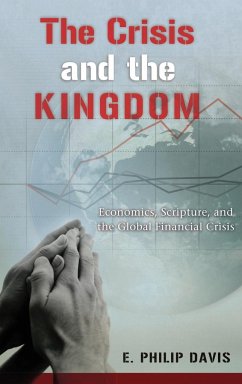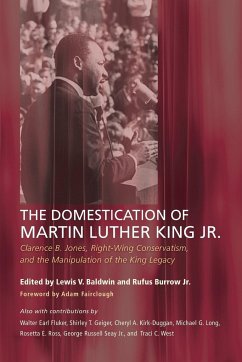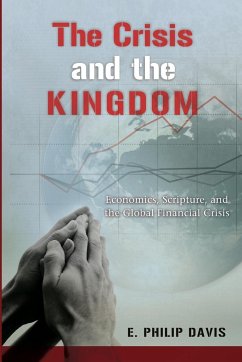
The Poetics of Grace
Christian Ethics as Theodicy

PAYBACK Punkte
26 °P sammeln!
What is God doing about a world marked by conflict and division? What about a world in which our technologies promise great good but also threaten our existence? What is God doing in a world where the demands for accumulation and acquisition create division and despair? Can Christians hope to be of positive influence in a world that does not always support, reflect, or even understand Christian commitments? Christian ethics often raises such questions as these, and the possible answers vary widely. Paul's Letter to the Ephesians is a tremendous resource for exploring a faithful response to per...
What is God doing about a world marked by conflict and division? What about a world in which our technologies promise great good but also threaten our existence? What is God doing in a world where the demands for accumulation and acquisition create division and despair? Can Christians hope to be of positive influence in a world that does not always support, reflect, or even understand Christian commitments? Christian ethics often raises such questions as these, and the possible answers vary widely. Paul's Letter to the Ephesians is a tremendous resource for exploring a faithful response to perhaps the toughest question of all: what is God doing about evil? The role of Christian ethics is to take seriously the challenge that, whatever God is doing, God calls us to participate in a distinctive task that embraces our own commitments and labors within the divine purpose. Ephesians says that God has taken the initiative to pursue that purpose and, remarkably, offers that we ourselves are part of the answer to the question, what is God doing about evil?












